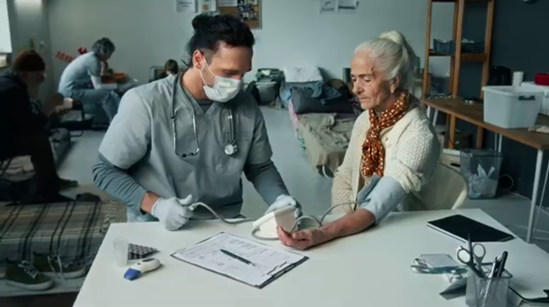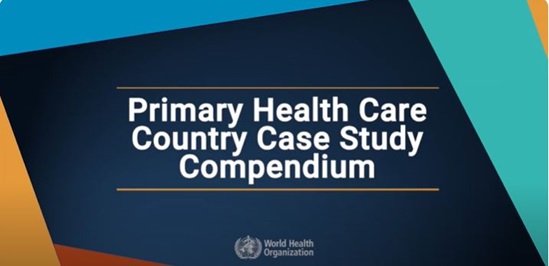Universal health coverage
Universal health coverage (UHC) means that all people have
access to the full range of quality health services they need, when and where
they need them, without financial hardship. It covers the full continuum of
essential health services, from health promotion to prevention, treatment,
rehabilitation and palliative care.
To deliver on this promise, countries need to have strong, efficient
and equitable health systems that are rooted in the communities they serve.
Primary health care (PHC) is the most effective and cost-efficient way to get
there. Every country has a different path to achieving UHC and to decide what
to cover based on the needs of their populations and the resources at hand.
Investing in PHC ensures that all those needs are identified, prioritized and
addressed in an integrated way; that there is a robust and equipped health and
care workforce; and that all sectors of society contribute to confronting the
environmental and socio-economic factors that affect health and well-being,
including preparing for, responding to and recovering from emergencies.
As a foundation for UHC, WHO recommends reorienting health systems using a primary health care (PHC) approach. Achieving UHC is a WHO strategic priority, with the goal of 1 billion more people benefitting from universal health coverage by 2025.
In countries with fragile health systems, we focus on technical
assistance to build national institutions and service delivery to fill critical
gaps in emergencies. In more robust health system settings, we drive public
health impact towards health coverage for all through policy dialogue for the
systems of the future and strategic support to improve performance.
This work is supported by normative guidance and agreements; data, research and innovation; and leadership in the realms of diplomacy, advocacy, gender equality, health equity and human rights, multisectoral action, and finance.
WHO’s work is aligned with the Sustainable Development Goals
(SDG) target 3.8, which focuses on achieving universal health coverage,
including financial risk protection, access to quality essential health-care
services and access to safe, effective, quality and affordable essential
medicines and vaccines for all.
Globally, progress towards universal health coverage is a
challenge. Progress in service coverage has stalled while the proportion of the
population facing catastrophic out-of-pocket health spending increases
continuously.
WHO monitors progress and publishes global reports to reveal the
latest evidence every two years. See the reports here and visit the UHC
fact sheet for more information.




/maternal-newborn-child-adolescent-health-ageing-(mca)/newborn-health-(nbh)/ensuring-kmc-for-every-small-or-preterm-baby.tmb-549v.jpeg?sfvrsn=d1f8d414_1)

